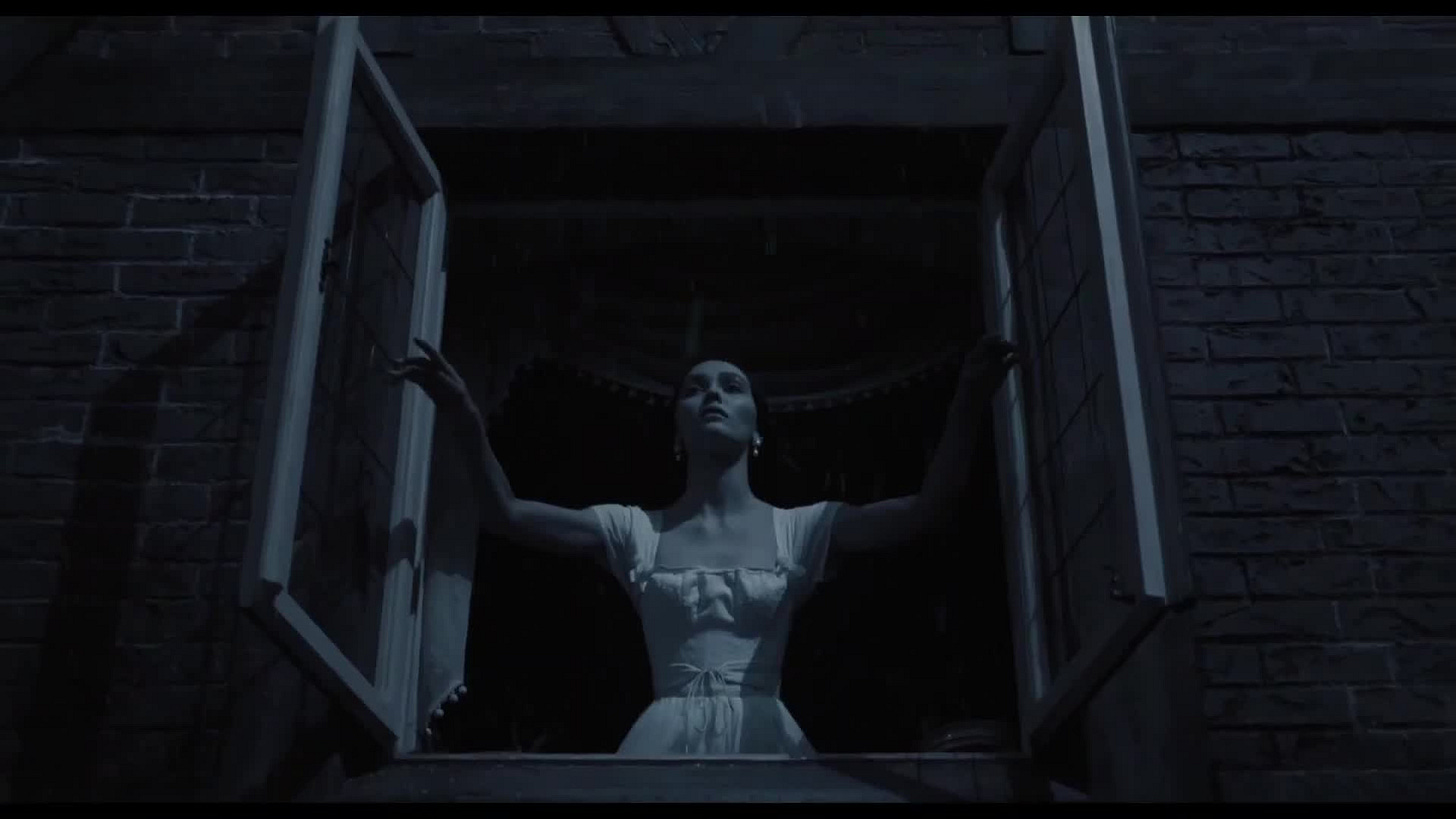Nosferatu
Moody and cinematic with strong performances, but overly politicized and lacking cohesion
On Christmas night, I went and saw Nosferatu, the latest iteration in Hollywood’s ongoing attempt to capture the enduring mythos of vampires. It wasn’t bad—it was, as expected, gruesome, packed with flesh-eating and blood-sucking, and it left a lingering unease for hours after I left the theatre. But as much as it succeeded in creating mood, it stumbled in telling a coherent, integrated story.
Lately, Hollywood films can feel like they’re assembled in an algorithmic blender, a series of market-tested vignettes pasted together against AI-generated backdrops. The result is films where the plot feels secondary to visuals, and the director’s vision often seems in service to the machine. Nosferatu fits snugly into that mold. It’s grim, disjointed, and deeply unsettling, which works—at least on the surface—but it left me wondering if the gaps were intentional artistry or the byproduct of a storytelling process that’s increasingly automated and working backwards too much from marketing objectives and not enough from creative ones.
And while the filmmaker’s central villain isn’t supposed to be a metaphor for plagues, he absolutely is. That undercurrent is what makes Nosferatu so unsettling: it taps into our collective unease. In that way, it could be viewed as both timely and timeless—a grim reflection of the fears that have perhaps always fueled the vampire mythos, now updated for an era post-pandemic and pre-whatever-comes-next of human development.
This thinly veiled allegorical approach seems also to be making a statement about conspiracy theory and superstition post Covid. Were the heroes actually heroes or just delusional new age spiritual nuts oblivious to the horrors of the unfolding plague due to their retreat into supernatural explanations for what are clearly, even according to some of the characters in the story, horrifically scientific phenomena.
But I felt this was a bait and switch. I went for a supernatural horror and mystery, not to have this legendary subject become a vehicle for the director’s political views on Covid. In the end, because the movie couldn’t really decide if it was allegory or pure supernatural horror, it became the former, an AI-powered political ad of sorts.
In the end, Nosferatu stayed with me after I left the theater, but as much for the despair of Victorian era plague as for the vampire story. It’s not a masterpiece, but it breaks new ground in specific ways, and gets under your skin in the way good horror should—even if the execution, particularly in integrating all of the moody parts and strong performance into a coherent whole, felt like it could have used more of a human touch.
Separately, I found this IGN review to be a fairly solid take. It places Nosferatu amongst its cinematic predecessors, dating back to the novella’s debut in 1897, and argues, somewhat unfavorably, that Hollywood has yet to produce a truly great adaptation of Stoker’s literary source material. While I don’t entirely disagree, I think there’s something to be said for how unsettling and moody this new version is, even if it missed an opportunity to become something more epic, truly spooky, and fantastical.



